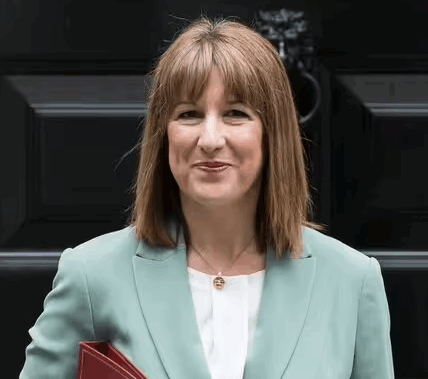A worrying 40% of older people in England living on low incomes are cutting down on their water consumption to afford rising bills, a new study finds.

Nearly one million pensioners in UK to face water poverty by 2030 ‘without action’ (Image: Getty)
Almost one million pensioner households in England and Wales could face water poverty by 2029/30 unless the UK Government introduces a single social tariff, warns a new report by charity Independent Age.
This represents a sharp rise from 750,000 pensioner households in water poverty during 2022/23.
The report, Looking for a Lifeline, defines water poverty as households spending over 3% of their income, after housing costs, on water. The findings highlight a higher risk of water poverty among racially minoritised groups and detail growing financial anxieties among older people about escalating water bills.
Independent Age is advocating for a single social tariff to replace the current postcode lottery of water bill support.
Alongside the report launch, the charity plans to deliver a letter to the UK Government and towels printed with distressing quotes from older people forced to cut back on water usage.

A worrying 40% of low-income elderly people in England are cutting down on their water consumption (Image: Getty)
Quotes from those affected include: “At the moment I cannot afford to flush my toilet every time I use it.”
A second says: “I only shower once a week and only wash up every two to three days.”
Another states: “Yet another bill that I will struggle to pay. Where do the water companies think the extra money will come from?”
Ahead of Ofwat’s final determinations for the 2024 price review on December 19, research commissioned by Independent Age shows that 66% of older people in England with incomes under £15,000 would struggle to manage a 20% water bill increase.
Many are already cutting back, with 45% reducing their washing machine usage, 44% flushing the toilet less frequently, 30% using the kettle less, and 28% admitted to showering less often.
Yvonne Bailey, 79, from Oxfordshire, explained what it’s like to be anxious about water bills.
She said: “I’m worried sick, because I can manage as it is now, but if they start whacking the price up hugely, no. I’m just going to end up in water poverty, like I’m already in fuel poverty.”
Independent Age’s research outlined four models for a single social tariff, including fixed bill reductions and a percentage discount.
The charity said these models could lift between 292,000 and 578,000 older people out of water poverty. Polling shows strong support, with 73% of older people in England and 72% in Wales backing the idea.
Joanna Elson, CBE, chief executive of Independent Age, said: “It’s extremely concerning to see that without urgent action from the UK Government, there could almost be one million older households living in water poverty by 2029/30. This can’t be allowed to happen.
“Living in water poverty means cutting down on washing, laundry, flushing the toilet and boiling the kettle. It’s not right that so many older people feel like they have no choice but to make these cutbacks.
“Our research shows just how impactful a single social tariff for England and Wales would be, to support people who don’t have enough money to pay their water bills and to end the current postcode lottery. Where you live shouldn’t dictate how much financial support you receive.”
